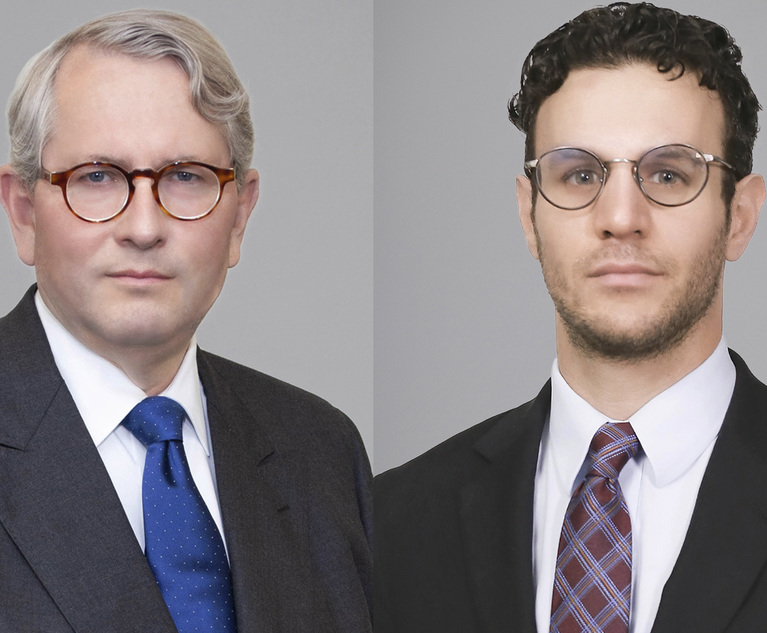The Federal Trade Commission announced in 2021 that it was repudiating its former enforcement regime under which it used the rule of reason, guided by the goal of promoting consumer welfare, to evaluate actions brought under Section 5 of the Federal Trade Commission Act. On Nov. 10, the FTC issued a statement regarding the scope of unfair methods of competition under Section 5 of the Federal Trade Commission Act, purporting to clarify its new enforcement criteria for Section 5 cases. The historic statement, however, creates significant uncertainty for businesses seeking to predict what conduct will be deemed by the FTC to run afoul of Section 5 and what analytical structure the FTC will use to make those determinations.
Background
Congress passed the FTCA in 1914 to supplement the Sherman and Clayton Acts. Section 5 allows the FTC to investigate and prosecute, among other things, “unfair methods of competition,” which includes a broader range of conduct than the conduct prohibited by the Sherman and Clayton Acts, such as “incipient violations of those statutes” and “conduct which … is a close violation or is contrary to their spirit.” Unlike criminal prosecutions and private civil actions for treble damages under the Sherman, Clayton and Robinson-Patman Acts, however, claims under Section 5 of the FTCA can be brought only by the FTC in an administrative proceeding and can seek only injunctive relief (if awarded by a federal court in a subsequent action).


 Carl Hittinger, left, and Justin Kadoura, right, of Baker Hostetler. Courtesy photos
Carl Hittinger, left, and Justin Kadoura, right, of Baker Hostetler. Courtesy photos




